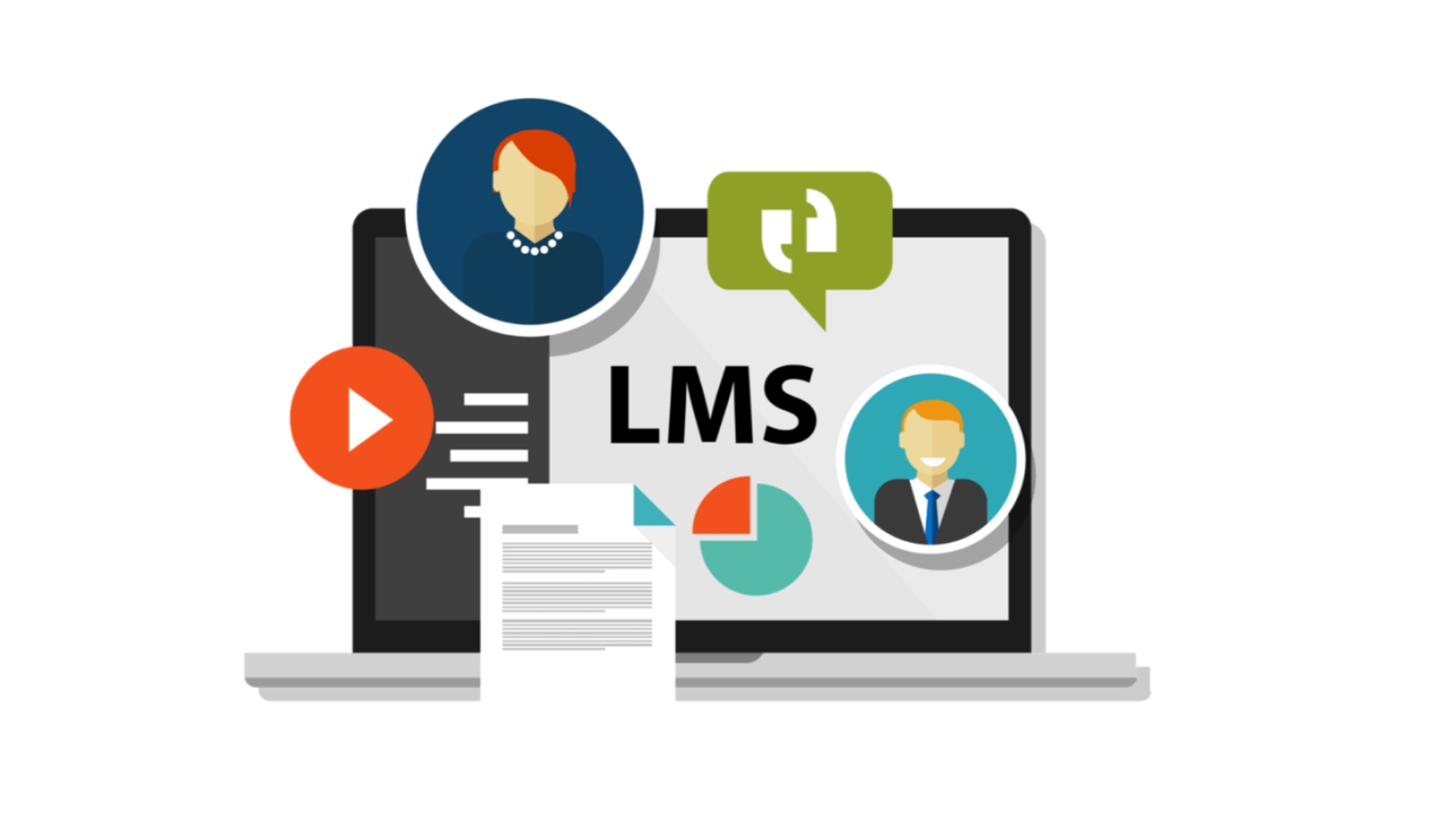Organizational culture is a big determinant of your organization's performance. It's the set of shared values, beliefs, and norms that guide how employees behave.
A strong culture can help an organization perform well, while a weak culture can drag it down.
Sometimes changing organizational culture is essential to bring your organization back on track. Changing organizational cultures can be difficult to change, but it is possible to do so with time and effort.
Leaders need to be committed to making changes and setting the tone for the new culture.
Employees also need to buy into the new culture and be willing to change their behavior. If done correctly, changing organizational culture can lead to improved performance.
In this blog post, we will share what works and what doesn’t when it comes to altering the organizational culture. Let’s dive right into the details!
What Is Organizational Culture?
Organizational culture can be defined as the shared values, beliefs, and norms of an organization. It is the glue that holds an organization together and gives it a sense of identity.
Culture is created by the people who work in an organization and is transmitted through their words, actions and behaviors.
Factors That Contribute To Organizational Culture
Organizational culture is the set of shared values that define how employees behave within an organization.
It is often said that culture eats strategy for breakfast, meaning that culture is more important than even the most carefully designed plans and strategies.
For assessing organizational culture, it’s essential to understand what factors contribute to it. So what factors make up the organizational culture?
1. History And Traditions
One of the most important factors is the organization's history and traditions.
For example, a company that was founded by a maverick entrepreneur is likely to have a different culture than one that was started by a team of experienced executives.
The values of the founder are often passed down through the generations and become part of the organization's DNA.
2. Size Of The Organization
Another important factor is the size of the organization. Smaller organizations tend to have a more informal culture, while larger organizations usually have a more bureaucratic culture.
This is not always the case, but it is a general trend.
3. Industry
The industry in which the organization operates can also have an impact on its culture.
For example, organizations in regulated industries such as banking or healthcare are typically more risk-averse and have stricter compliance requirements.
This can lead to a more formalized and hierarchical culture.
Benefits Of A Positive Organizational Culture
46% of job applicants believe assessing organizational culture is essential before accepting an offer. A positive organizational culture has many benefits. Here are a few of them.
- It can improve employee morale and motivation.
- A positive culture can also lead to increased productivity and creativity, as well as better customer service.
- Additionally, a positive culture can help reduce stress levels and absenteeism, while promoting teamwork and cooperation.
- Ultimately, a positive organizational culture can benefit both the organization and its employees.
Changing Organizational Culture: Do’s And Don’ts
Millennials prioritize organizations with a positive culture and team over everything. Are you wondering how to improve organizational culture?
When it comes to changing organizational culture, there are a few key things to keep in mind if you want to make positive changes.
In this section, we will list the do’s and don’ts of changing your workplace culture.
Do’s
Be Aware Of The Culture
It's important to be aware of the current culture and what aspects of it need to be changed.
Once you have a clear understanding of the culture and what needs to be changed, you can begin to develop a plan for change.
The first step is to identify the areas of the culture that need to be changed. This can be done by observing the behavior of people within the culture and looking for patterns of negative behavior.
Once the areas that need to be changed have been identified, you can begin to develop a plan for change.
Involve Employees
It's important to involve employees in the process of changing the culture. After all, they are the ones who will be most affected by the changes.
By involving them in the process, they can help shape the new culture and make sure it's one that works for everyone.
Satisfied employees are 12% more productive than unhappy employees.
Additionally, employees will be more likely to buy into the new culture if they've had a hand in creating it.
So when you're ready to start making changes, reach out to your employees and get their input. It'll make for a smoother transition and a better work environment for everyone involved.
Keep The Process Slow
When it comes to changing organizational culture, it's important to take it slow. Cultural change is a gradual process, so focusing on one or two key areas at a time is the best approach.
By taking things slowly, you can ensure that the changes you make are lasting and have a positive impact on the organization as a whole.
Don’ts
Don’t Change Everything At Once
Changing organizational culture is a slow and gradual process, so trying to overhaul everything overnight will only lead to frustration and resistance.
Trying to change everything at once is like trying to change the course of a river - it's impossible.
Don't Underestimate The Role Of Communication
Don't undervalue the role of communication - letting employees know about decisions that will affect them, and getting their feedback, can help make sure that everyone is on board with a plan.
It can also help avoid potential problems down the road. Making all decisions on your own without involving employees may seem like the quickest way to get things done, but it's not always the best approach.
Don't forget that culture change is a journey, not a destination
Don't forget that culture change will not happen in a day. There will always be ups and downs, so don't get discouraged if things don't go perfectly according to plan.
Just keep moving forward and remember that Rome wasn't built in a day.
Partner With Oreed
If you're looking for a way to improve your organizational culture, hosting workshops through Oreed's event management platform is a great idea.
By bringing in expert speakers and facilitators, you can create an environment of learning and growth for your team.
Additionally, the platform makes it easy to manage all the logistics of the event, from sending invitations to tracking RSVPs.
Features
1. Online Registration
With our easy-to-use event hosting platform, you can register attendees online quickly and efficiently. Plus, our platform makes it easy to keep track of attendees and collect payments digitally.
2. Gamification
Oreed's event hosting platform makes it easy to incorporate gamification into your event to boost engagement.
By adding games and challenges, you can make your event more fun and interactive, while also encouraging people to stay involved and engaged. This can help create a more positive and successful event overall.
3. Post-Event Analytics
Oreed's event-hosting platform provides hosts with valuable insight into event analytics. With this data, hosts can make informed decisions about how to improve their events.
For example, if attendance is low, the host can look at the data to see why that might be. Maybe the event was poorly advertised. Or maybe it was scheduled for a time when most people are unavailable.
Whatever the reason, Oreed's data can help hosts troubleshoot and avoid similar problems in the future.
4. Certificates And Accreditation Generation
Are you looking for a way to automate the generation of certificates and accreditations? Look no further than Oreed's event management platform.
With our platform, you can easily generate certificates and accreditations for your events, making your life easier.
So what are you waiting for? Promote lifelong learning through experiencing the most powerful all-in-one education intelligent platform that streamlines all your organization's learning, training, and development activities in one place.
Book a demo today to see how we can help you change your organization's culture through virtual events.
Final Thoughts
When it comes to organizational culture, there is no one-size-fits-all approach. What works for one company may not work for another.
The key is to find what works for your company and then make the necessary changes.
Now that you know how to improve organizational culture, implement these strategies in your organization and witness a positive culture.
Frequently Asked Questions
1. What are some of the challenges in changing the culture of organizations?
- Culture is often deeply ingrained and resistant to change.
- It’s often hard to identify exactly what needs to be changed about the culture in order for the organization to achieve its desired outcomes.
- Finally, even when there is agreement about what needs to change, actually changing the culture can be difficult and take a long time.
2. What are the four 4 major elements of organizational culture?
Values, leadership, belonging, and recognition
3. What are the 4 Cs of culture?
Creativity, Culture, Contemplation, Community.





